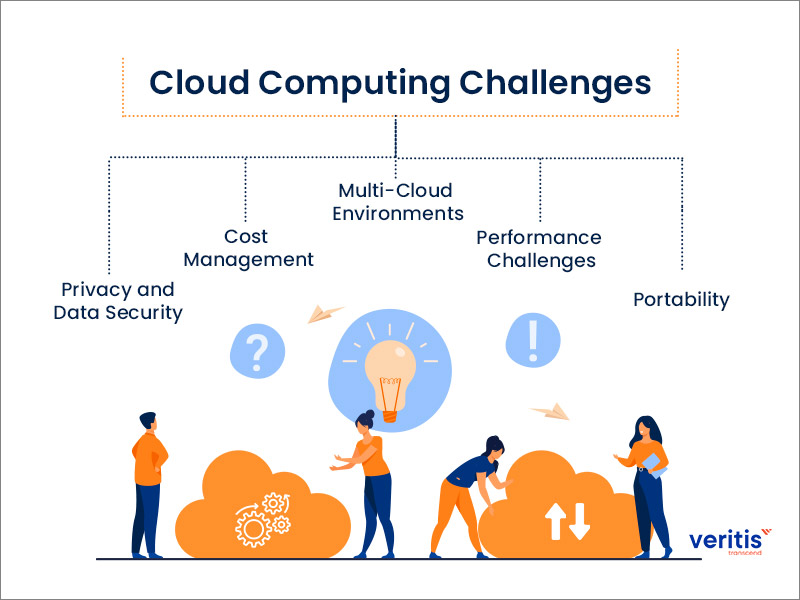
Cloud Computing: Advising Businesses on Hosting and Server Services
Advertisment
Harnessing the Power of Cloud Computing for Business Growth
In the current era of digital transformation, cloud computing for businesses has emerged as a powerful tool to elevate IT infrastructure. Transitioning from traditional server systems to cloud-based environments is more than just a trend; it’s a strategic move that offers multiple benefits such as increased performance, enhanced scalability, and significant cost savings.
Key Advantages of Cloud Computing for Businesses
1. Cost Savings with Cloud Computing
A major draw for businesses adopting cloud computing is its potential for substantial cost reductions. Instead of spending heavily on physical servers and their upkeep, businesses can leverage the cloud’s pay-as-you-go model. This approach enables companies to control costs more efficiently, reducing both initial capital outlays and ongoing operational expenses.
2. Unmatched Scalability for Growing Needs
Scalability is one of the core strengths of cloud computing for businesses. As companies expand, their data storage and processing demands grow as well. With cloud-based solutions, there’s no need to worry about outgrowing physical hardware. Organizations can quickly scale their resources up or down in real-time to match traffic levels, user demand, or application requirements, ensuring they always have the right capacity at the right time.
3. Flexibility and Remote Access
The flexibility that cloud computing provides is indispensable in today’s era of remote work and global teams. Employees can access data and applications from anywhere, improving productivity as long as they have internet access. Cloud platforms also support collaboration tools, making it easier for teams to work together on projects in real time, regardless of their geographical location.
Advertisment
4. Enhanced Security and Disaster Recovery
One of the major concerns for any business is data security and disaster recovery. Cloud computing solutions offer advanced security measures, including encryption and multi-factor authentication, which safeguard sensitive information. Moreover, cloud providers invest in robust disaster recovery systems to ensure data is regularly backed up and can be quickly restored in case of emergencies, minimizing downtime and potential data loss.
5. Reduced Maintenance and IT Support Requirements
By moving to cloud services, businesses can significantly cut down on the time and resources spent on IT maintenance. The cloud provider takes care of essential tasks such as software updates, security patches, and routine system maintenance. This allows internal IT teams to focus more on strategic projects that drive growth, rather than getting bogged down in everyday operational duties.
How to Choose the Right Cloud Hosting Provider
Choosing the right cloud hosting provider is crucial for leveraging the full potential of cloud computing for businesses. Here are some factors to consider when making your decision:
- Reliability and Uptime: Look for providers that guarantee at least 99.9% uptime to avoid costly service interruptions.
- Data Security: Prioritize cloud providers with strong security protocols, including encryption standards and compliance certifications.
- Scalability: Ensure the provider offers seamless scalability options that won’t disrupt your business operations.
- 24/7 Customer Support: Reliable customer support can make a significant difference in resolving technical issues promptly.
Conclusion: Transforming Business IT with Cloud Computing
The adoption of cloud computing has transformed the way businesses manage their IT needs, providing them with flexibility, cost-efficiency, and scalability that traditional server systems cannot match. For businesses aiming to enhance their IT infrastructure and achieve sustainable growth, cloud solutions are the ideal choice.
Advertisment












Post Comment